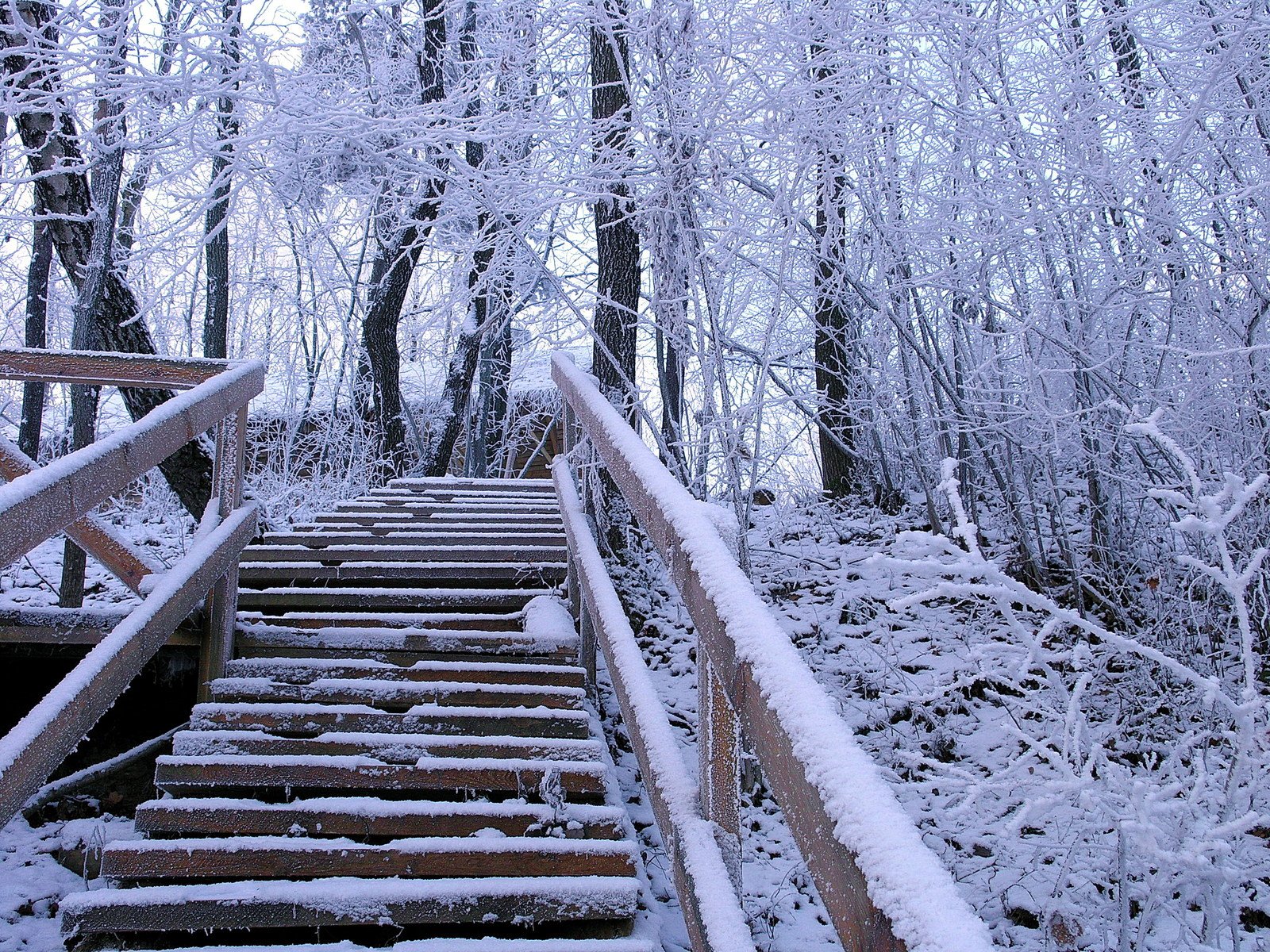
Winter Pest Control Sydney
Need Help?

To bust a common misconception, winter is a major pest season. Just because you can’t see flies flying, you can’t feel mosquitoes biting & you are not disturbed by the site of cockroaches or spiders does not mean your home is free from pests.
When the temperature drops outside, especially overnight and early morning in Sydney, the bugs and rodents get cold and worried, so they will begin to seek shelter from the harsh external temperatures.
Your home becomes their winter sanctuary since it is warm & full of food, which is perfect for pests.
What does overwintering mean?
The term overwintering simply means to survive the winter. Overwintering pests are the pests that are seeking warmth to either survive the colder months or the pests that enter a period of hibernation.
It is common to see pests during winter that are moving into a higher traffic living area. The areas that attract the most sunlight or become the warmer areas in your home are common places that pests during winter are seen.
The insects that hibernate are more than likely to stay hidden during the colder months, but once the weather starts to warm up spring comes around these bugs will begin to emerge.
The dangers of waiting until pests emerge in the warmer months, is the level of infestation where a small issue could have been resolved quickly instead of dealing with a full-blown infestation which could put your families’ health at risk and cause damage to your home and belongings.
What are some Common winter pests – Winter Pest Control Sydney
Rodents
Rats & mice like us seek warmth and comfort during the colder months in Sydney. Many homes opt to light a wood fire to warm their homes and rodents can easily cosy up to the many possible hiding places in your home.
As rats and mice make their nests inside wall cavities, roof voids and other warm dry places spotting their nests may be difficult.
Most people realise they have a rodent issue either by seeing their droppings, actually seeing the rat or mouse or seeing the destruction they have left behind in their travels.
The damage that rats and mice can cause go beyond just getting into your food, as their teeth grow throughout their life they need to gnaw (chew on things to keep their teeth short). As rats and mice are not picky with what they choose to chew on and have been known to chew on items such as timber, cladding and electrical wiring, which increases the risk of fires.
Termites
Termites or also commonly known as white ants do not hibernate during winter. They remain active all year round and can cause serious damage to your home.
German Cockroaches
German cockroaches are a serious problem across Australia, and as they need easy access to water and food their preferred residence is your beloved kitchen!
As they have a sneaky nature they can often go unnoticed as they do prefer to venture out at night when all the lights are off and they are able to find many hiding places.
Winter is an important time for cockroaches as this is when they breed. At the start of winter, the sight of one or two cockroaches may not be alarming to some by spring or summer you may have a full-blown infestation on your hands.
Further Reading
How Do Rats & Mice Survive Winter
Is It Time For A Termite Inspection

![]() If you are concerned that your home has become a desired home to winter pests click to call or contact with us via the contact form available at our website.
If you are concerned that your home has become a desired home to winter pests click to call or contact with us via the contact form available at our website.


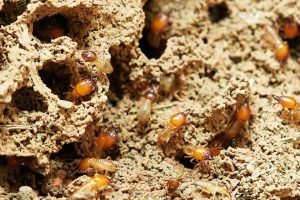
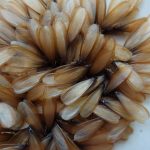 Termite wings
Termite wings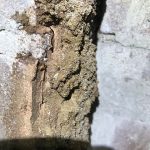
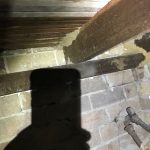 Wood damage
Wood damage